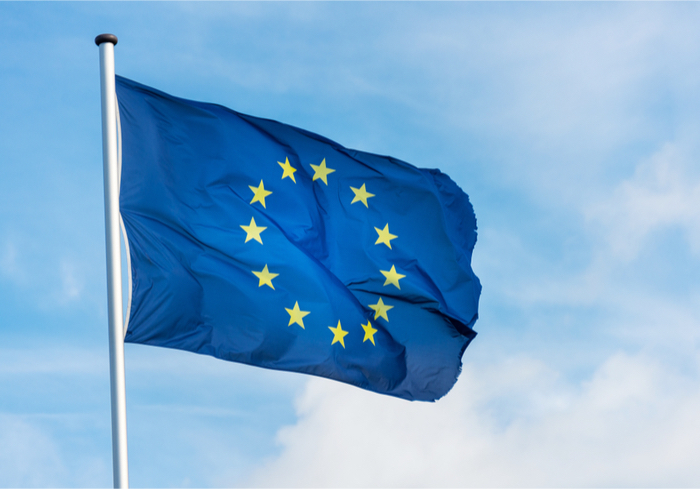It’s beginning to feel like two kids talking smack in a high school hallway — except, in this case, billions of dollars are involved, along with issues of privacy and innovation.
The latest episode had French President Emmanuel Macron telling executives from major technology companies — including Facebook, Microsoft, Intel and IBM — that innovation needs to be accompanied by tough regulations and societal contributions.
“I believe in innovation and at the same time in regulation and working for the common good,” Macron said, according to an account from Reuters about the former investment banker’s “Tech for Good” summit.
Macron’s comments represent the latest example of Europe’s — and the European Union’s — attitude toward U.S. technological might when it comes to social media, eCommerce and the digital world. Don’t worry, though — the Americans can give as good as they get.
Peter Thiel, the technology investor who co-founded PayPal, recently described some of the motivation behind the European Union’s push to put more taxes and regulation on digital firms as jealousy of the relative success of U.S. companies.
“The good reasons are these privacy concerns and the bad reasons are there are no successful tech companies in Europe, and they are jealous of the U.S., so they are punishing us,” Thiel said, according to reports.
Advertisement: Scroll to Continue
One of the attitudes behind all that smack is European suspicion of the de facto personal database that is social media. The European experience with authoritarianism, of course, has helped to shape that attitude, reminders of which are not difficult to find.
For instance, a German intelligence official, Hans Georg Maassen, said Europe might have to impose regulation on social media if it does not increase its transparency and do more to prevent the spread of dangerous and illegal content. The proliferation of “fake news” has spooked officials in Europe — and around the world — and the continent has its own experience with Russian meddling in politics and elections.
And now, some European officials are using a long-standing metaphor from the United States to argue that more order is needed when it comes to a digital world still dominated by that country. “We do not accept that the internet is some sort of ‘Wild West’ where no moral values can apply,” Andrew Parker, head of Britain’s MI5 spy agency, recently told reporters.
U.S. companies have done their part to fuel the European attitude expressed by Macron. Just look at the massive data scandal involving Facebook and Cambridge Analytica, which involved the access of personal data from some 87 million users without their permission.
But that’s likely not the only factor behind the increasing European assertiveness toward U.S. technology giants. A record $19 billion in technology investment flowed into Europe last year, up from $14.4 billion in 2016, according to an estimate from Orrick, Herrington & Sutcliffe LLP, a U.S.-based international law firm that serves technology firms. Such investments “are happening not just in the traditional U.K. and German markets, but also in markets such as the Netherlands, Spain, Finland and Slovenia,” according to Christopher Grew and Shawn Atkinson, partners in the firm’s technology companies group.
Not only that, but Europe is attracting more technology professionals, and not just in traditional areas. “Professional developer numbers have increased across the continent to 5.5 million. The U.K. remains the No. 1 destination for tech talent migrating into — and within — Europe but appears to have lost share to other European destinations such as Germany and France,” the two wrote in a blog for Orrick.
In short, Grew said, “Europe has arrived as a power broker in the global technology ecosystem.”




